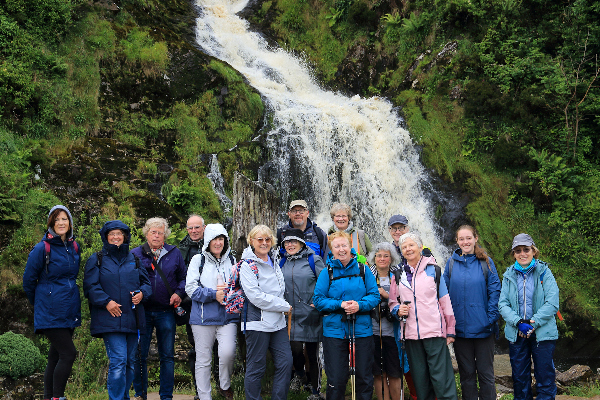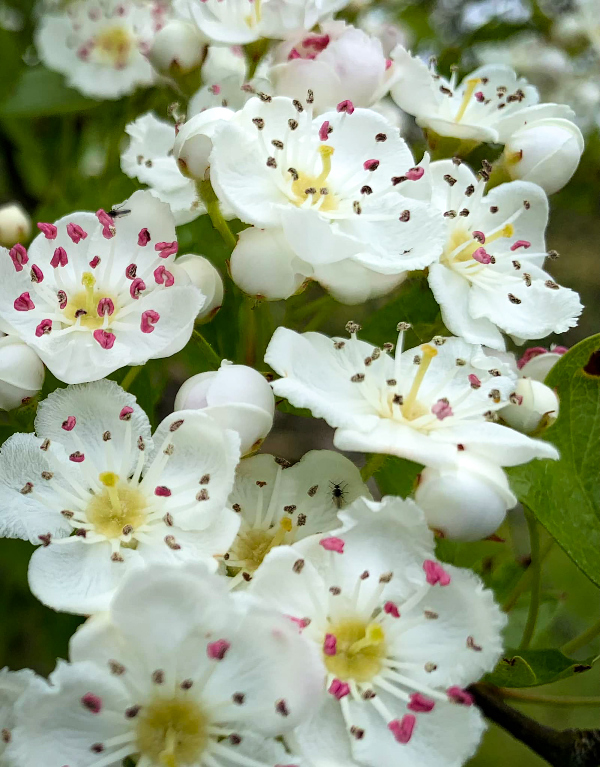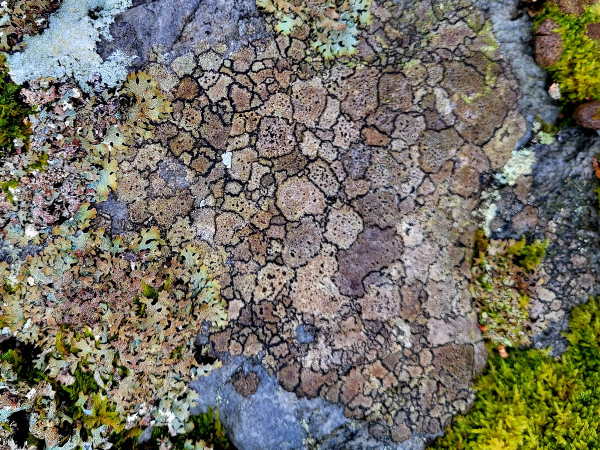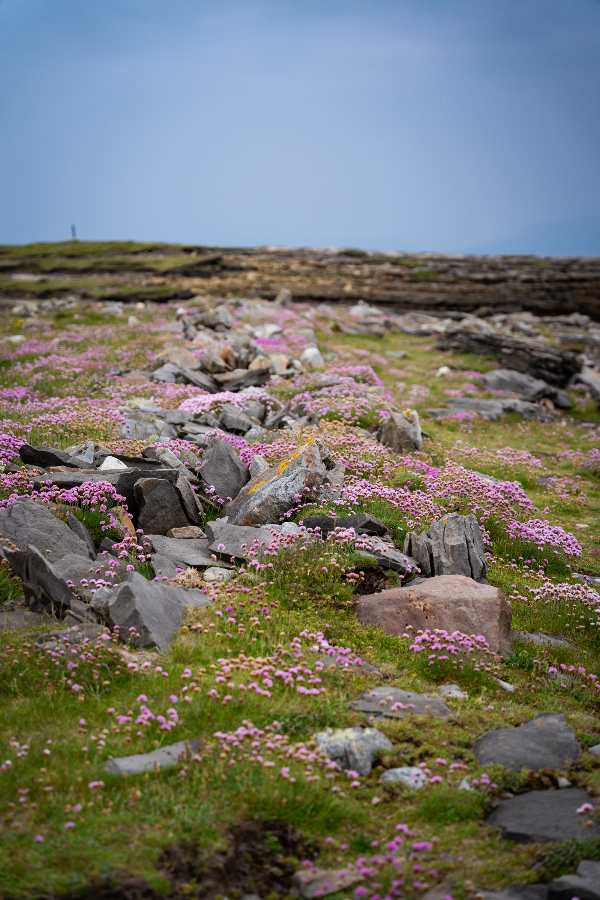Interpreting the Environment
The aim of this course is to help you understand the environment and how it functions. At the end of the week, you will be able to interpret the landscape and ecology of Southwest Donegal. You will also learn how humans impacted this landscape over the past 6,000 years and will be able to formulate a view about how climate change will impact the environment in the future.
During the week we will explore:
- the geology that underpins the mountains and valleys of South West Donegal and their 600 million year history
- today’s ecosystems and learn how they developed since the retreat of the glaciers at the end of the last ice age 15,000 years ago
- the evidence for the impact of Neolithic humans on the landscape and the impact of humans on the future landscape
This is a practical field course and you will be in the field every day. You will:
- visit and learn about the main ecosystems in the area by visiting beaches, sand dunes, mountains, bogs, heaths, rivers and woodlands
- identify the main rock types in the area and learn how they impact today’s environment
- explore human impacts on the environment by visiting megalithic tombs built 6,000 years ago and seeing how current farming methods impact the environment
You will see evidence of threats to local ecosystems including the impacts of:
- invasive diseases
- invasive plants
- excessive erosion
You will visit some pristine ecosystems and sites of scientific interest (Special Areas of Conservation) including:
- Ceann Ghlinne
- Sliabh Liag
- An Machaire beach and dunes, and Durloch Bog
While the course will provide detailed understanding of the ecology of South West Donegal, the principles you learn can be applied to any ecosystem on the planet.
Requirements
This is a field course and you should be fit enough to spend time in the field each day and able to walk up mountains. You should wear strong boots and warm, waterproof clothing. You will not be permitted to participate in the field work if you do not have the suitable clothing and footwear.
Course Director
Liam Dolan is a botanist. He uses genetics and paleontology in his research to understand how plants grow since plants colonized the land 500 million years ago. Liam is the Deputy Director of the Gregor Mendel Institute of the Austrian Academy of Sciences in Vienna and a fellow of Magdalen College, Oxford. He was the Sherardian Professor of Botany at Oxford University until 2020 and The Queens Trustee at the Royal Botanic Gardens Kew until 2022. Liam grew up in Dublin and studied at University College Dublin and the University of Pennsylvania in Philadelphia. He has been teaching at Oideas Gael since 2007 and wrote the weekly column, Nod don Eolaí at Tuairisc.ie between 2017 and 2018. He is a fellow of the Royal Society.



